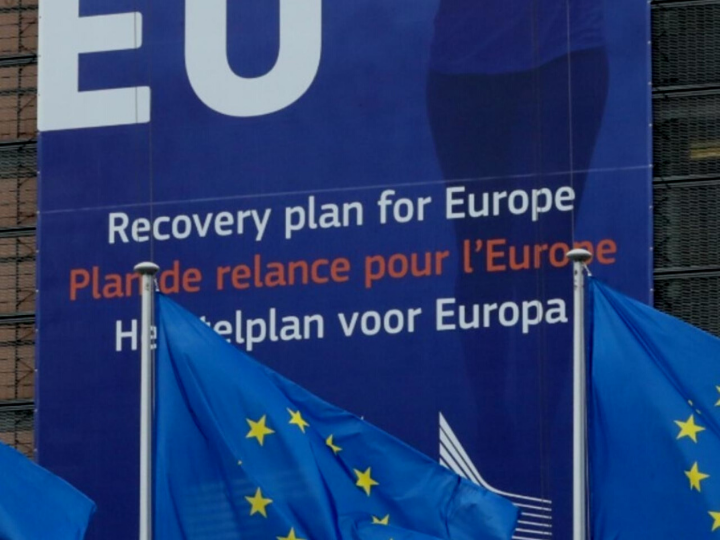N. Peter Kramer’s Weekly Column
In interviews in the Financial Times, two EU heavyweights, the German Wolfgang Schauble and the French Bruno Le Maire, were very critical of the rollout of the EU 750-billion-euro recovery plan. This plan should allow the EU to pull itself out of the COVID crisis with a kind of Baron von Munchhausen solution. The gigantic amount of euros consists of two parts: grants amounting to 390 billion euros (money that the memberstates do not have to repay) and 360 billion euros in loans (money that they do have to repay, but who is taking this seriously?). The memberstates have to submit their recovery plans to the Commission, deadline April 2021, while the first payments would only start from July. The Commission needs three months to investigate whether the memberstates’ recovery projects do meet the conditions.
Bruno Le Maire, President Macron’s Minister of Finance, wants to see the money in the French bank account faster. “It is all too slow and it is all too complicated”, he sneered at the EU bureaucracy in Brussels. Wolfgang Schauble, a long time Angela Merkel’s dreaded Minister of Finance, believes that the European Commission does not have the necessary competences to be able to critically assess all recovery projects. If only because not all memberstates are willing to provide sufficient details. There is therefore a great risk that the money will not be used for necessary structural reforms, but for political gifts. After all, the bulk of the EU recovery plan money goes to Southern European countries. And Italy is the biggest receiver, with 65 billion euros. ‘It seems that in Italy a significant portion of the money will be used to grant tax rebates and provide ad hoc aid for electoral reasons’, the chief economist of a Belgian bank fears.
The 750 billion recovery plan threatens not only to create a hole in finances, but also another hole in confidence in EU politics.






